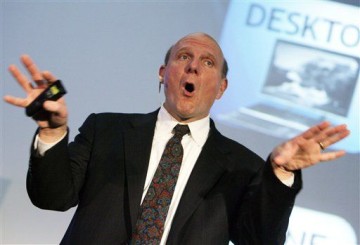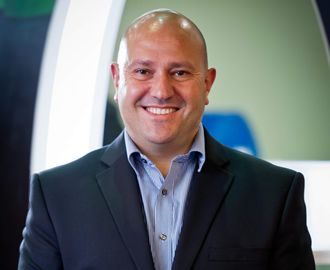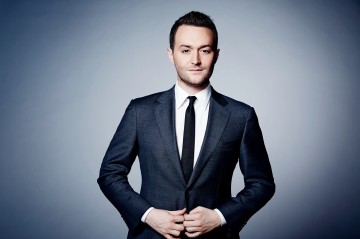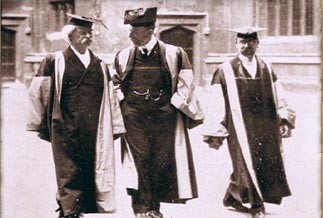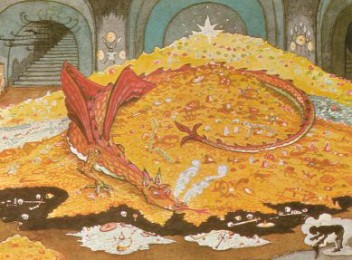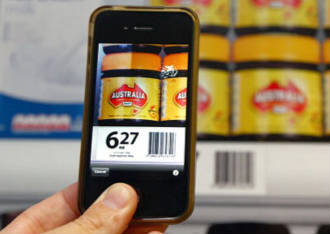 US traffic cops (CHiPs) have been using mobile search laws to steal naked pictures of hot women they er pull over.
US traffic cops (CHiPs) have been using mobile search laws to steal naked pictures of hot women they er pull over.
According to an East Bay California Highway Patrol officer, accused of stealing nude photos of a DUI suspect claimed officers have stolen images for years.
Officer Sean Harrington of Martinez confessed to stealing explicit photos from the suspect’s phone, and said he forwarded those images to at least two other CHP officers.
Harrington called the photo stealing a “game” and said he had done the same thing to female arrestees a “half dozen times in the last several years.”
His reasoning is that others were doing it so why should he be the only one punished.
Photos were discovered missing when a suspect said she synced her phone after her arrest and noticed when six photos were sent from her phone to another account.
Richard Madsen, the victim’s attorney said that the pictures were private and should not be seen by anyone.
In a written statement to KPIX 5, CHP Commissioner Joseph Farrow said, “The allegations anger and disgust me. We expect the highest levels of integrity and moral strength from everyone in the California Highway Patrol and there is no place in our organization for such behaviour.”
What would Ponch say?

